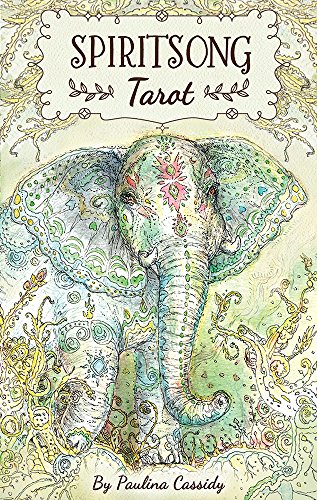Why should you believe in the Moonchild Tarot? Or, why shouldn’t you? The truth is, it’s not as simple as saying one deck is better than another. Though, for many people, there is a clear favorite between Rider Waite and the Moonchild.
The Moonchild Tarot and Rider Waite are the two most popular occult tarot decks. The Rider Waite tarot deck (also known as the Smith Waite tarot or the RWS tarot). Both decks are based on the tradition of the Tarot de Marseille, but most modern tarot decks are based on the Rider-Waite system.
The two decks have many similarities, but they also have many differences, both subtle and not so subtle. This article will use the Rider Waite system as its starting point and compare the two decks on various topics.
The Moonchild Tarot
- Readings, Moon (Author)
- English (Publication Language)
This moonchild tarot is illustrated beautifully with powerful archetypes and visible images. This deck is both grounding and activating, filled with rich symbolism and rush dreamscapes. It included a pamphlet that discussed all the instructions and provided clarity and intentions.
| Pros: | Cons: |
|---|---|
|
|
Rider Waite
- 78 Cards
- Rider Waite Tarot has set the standard for hundreds of other tarot...
Arthur Edward Waite and Pamela Colman Smith are the authors of the Rider Waite tarot deck.
This is an original Rider Waite deck containing all of the archetypal pictures founded by Pamela Colman Smith in 1909 under the direction of Arthur Edward Waite. All the visualities of the cards are drawn by Smith’s hand. Its unique feature is that all of the pictures contain figures and symbols.
Rider Waite was published by the U.S. Games Systems Inc. It first appeared on January 1, 1971, and is available in English. It has 56 pages of cards. This deck comes with a weight of 8.4 ounces and has a dimension of 49×2.9×1.2 inches.
| Pros: | Cons: |
|---|---|
|
|
Review of the differences between the moonchild tarot and Rider Waite
- The moonchild tarot discusses the sacred teachings of the moon, whereas Rider Waite discusses the 78 major and minor arcana.
- The moonchild tarot is filled with rush dreamscapes, whereas Rider Waite is filled with figures and symbols.
- The moonchild is an Oracle deck, whereas Rider Waite is a tarot deck.
- The moonchild contains 81 cards, whereas the Rider Waite contains 78 cards (22 major arcana and 56 minor arcana).
My Opinion for the differences:
The Moonchild Tarot is a beautiful, modern reworking of the Rider-Waite. The imagery is generally easier to see, the backgrounds are brighter and more uniform, and the colors and typography work together to create a pleasing environment.
The Moonchild Tarot also incorporates the moon into each card, making it easy to remember which is which. If you prefer an artistic, color-centric deck, the Moonchild Tarot is a great choice.
Conclusion:
In conclusion, as a long-time user of the Moonchild Tarot and a recent user of the Rider Waite Tarot, it’s clear that the Moonchild Tarot is the superior deck. The Moonchild Tarot has a much more vivid color palette, each card has its own story, and the Moonchild Tarot is still in print, unlike the more expensive and difficult-to-find Rider Waite Tarot.
You May Also Like
- The Moonchild Tarot vs Oracle
- Angel Cards Vs. Tarot Cards
- Starchild Tarot vs Moonchild Tarot
- Tarot Cards Vs. Palm Reading
- Tarot Cards Vs. Oracle Cards: Which One is Best?
Last update on 2026-01-30 / Affiliate links / Images from Amazon Product Advertising API









